
Privately and Publicly Verifiable Computing Techniques: A Survey
This work is the first comprehensive overview and comparison of all existing constructions and provides a good introduction to the research field of verifiable computing. This survey provides a good overview of the literature and helps people to understand this...
Details
Enterprise IoT Security and Scalability: How Unikernels can Improve the Status Quo
Cloud computing has been a great enabler for both the Internet of Things and Big Data. However, as with all new computing developments, development of the technology is usually much faster than consideration for, and development of, solutions for...
Details
Unikernel for Cloud Services: How Single-Responsibility can Reduce Complexity
Unikernels allow application deployment through custom-built minimal virtual machines. The authors investigate how unikernels and their inherent minimalism benefit system security. The analysis starts with common security vulnerability classes and their possible remediation. A platonic unikernel framework is used...
Details
Exchanging Database Writes with Modern Cryptography
Modern cryptography provides for new ways of solving old problems. This paper details how Keyed-Hash Message Authentication Codes (HMACs) or Authenticated Encryption with Associated Data (AEAD) can be employed as an alternative to a traditional server-side temporal session store....
Details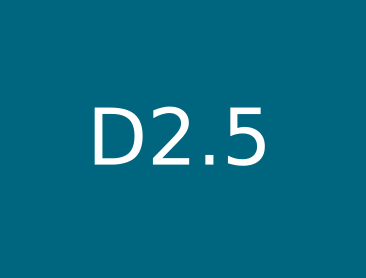
D2.5 Risk and Threat Analysis with Security Requirements
Absolute security does not exist and, in any system, security definition has first to start with a threat analysis (attacker profiling) and a definition of the information to protect (and against what), second, to define security policies (how to...
Details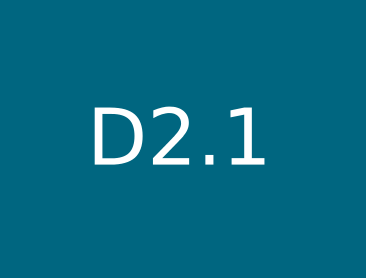
D2.1 Legal, Social and HCI Requirements
This Deliverable presents legal, social, and HCI (Human Computer Interaction) requirements for the PRISMACLOUD project, which were elicited within the first nine months of the project for clarifying the legal status of novel signature schemes to be used in...
Details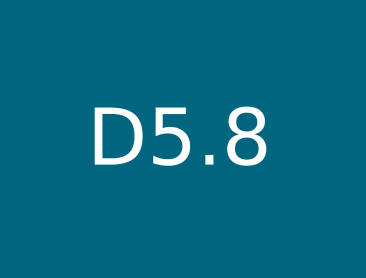
D5.8 Overview of verifiable computing techniques providing private and public verification
Cloud computing is an increasing trend within IT outsourcing that allows vendors to offer traditional IT facilities, such as storage and/or computational systems, via the Internet. Clearly, such a business model brings many bene fits and often allows customers to...
Details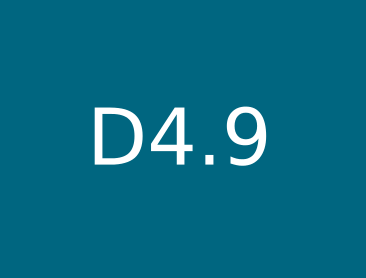
D4.9 Analysis of the State of the Art of FPE, OPE and Tokenization schemes
This deliverable provides an overview of the state of the art on Format Preserving Encryption and Order Preserving Encryption. Based on the requirements and needs of the PRISMACLOUD project use cases, we refine and layout the specific requirements of...
Details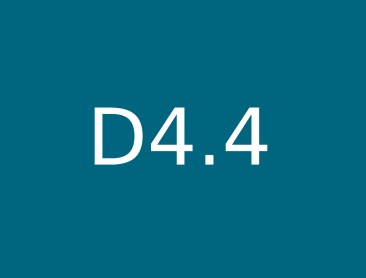
D4.4 Overview of functional and malleable signature schemes
Cloud computing is about outsourcing of storage to and processing of data at third party infrastructure. Besides many obvious bene ts, such a paradigm clearly comes with many security and privacy related problems, as cloud providers cannot be considered fully...
Details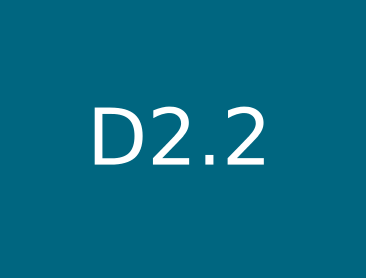
D2.2 Domain independent generic security models
This document is D2.2 “Domain independent generic security models” of task T2.2 “Refine and analyse domain independent generic requirements and security goals”. D2.2 is one of four main deliverables from work package WP2 “Use cases and re-quirements”. In addition...
Details